
WELCOME SEEDLINGS!
Did you find a packet of seeds in your bag? Surprise! They’re from me. The Seed Wizard. They’re here to teach you how to plant and harvest seeds from your packets. And once you conquer that, you will become a Seed Superhero!
HOW TO PLANT YOUR SEEDS OUTDOORS
1. Add to soil. Not too deep.
2. Watch them sprout.
3. Look for flowers.
4. Ready to harvest.
5. Time to eat!
2. Watch them sprout.
3. Look for flowers.
4. Ready to harvest.
5. Time to eat!


Seeds are space travelers! Astronauts on the International Space Station grew a crop of ‘Outredgeous’ Lettuce, a Red Romaine Lettuce planted from seeds they brought from Oregon. They found it delicious.

WHAT IS THE SEEDLINGS PROGRAM?
We’ve been giving seeds to kids since 2002 to help kids understand the connection between our food and where it comes from. There’s nothing like planting a seed, watering, waiting, then watching it sprout into something you can eat! Also, do we really need more tiny plastic toys to step on or toss in a landfill?
ABOUT OUR SEED PACKETS AND OTHER RESOURCES
How long do the seeds last?
When kept in a cool, dry, dark space, seeds can last between 2-5 years.
How should I store them?
Store your unused seeds in an airtight container like a glass jar, plastic or metal. Place the container in a consistently cool, dry dark place like a cupboard.
What if I don’t plan to use my seed packets?
We hope you will, but if not, please pass them on! They make fun gifts for friends, neighbors, teachers etc.
I harvested my seeds! Now what?
It’s time to eat! Check out your cookbooks or go online to search for recipes.
Resources
A Handful of Seeds (Occidental Art and Ecology Center)
kidsgardening.org is a great place to find lesson plans, curriculum, student photo contests and other fun activities.